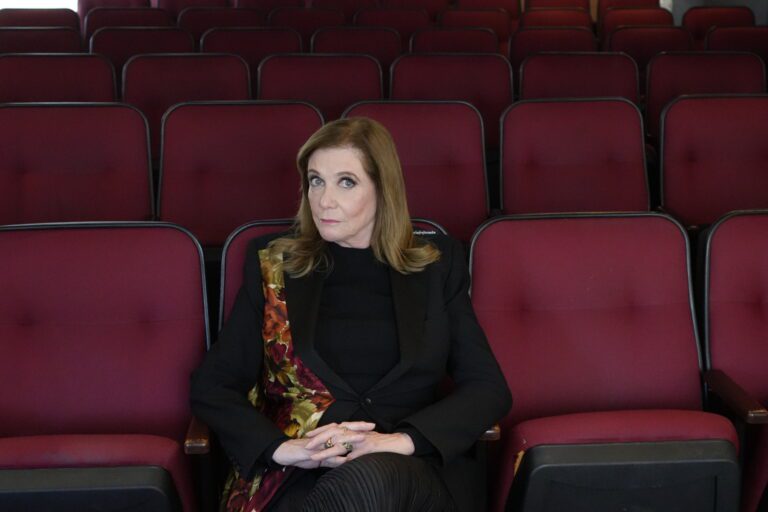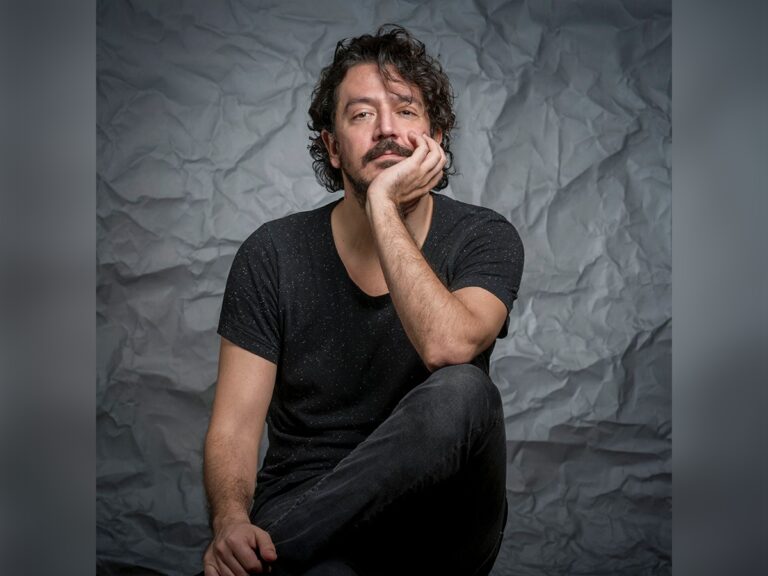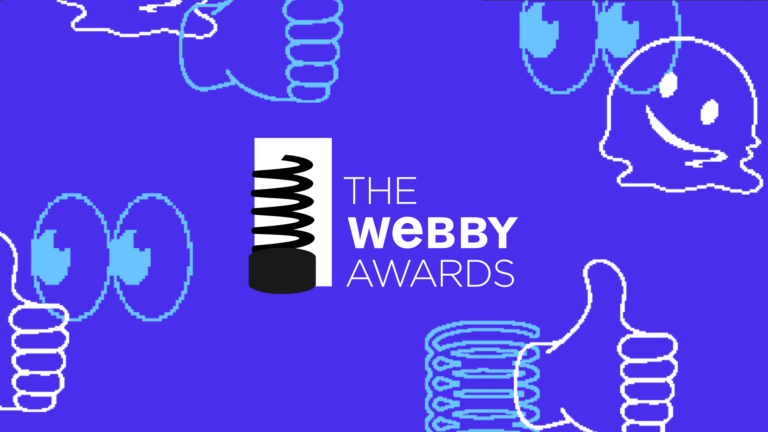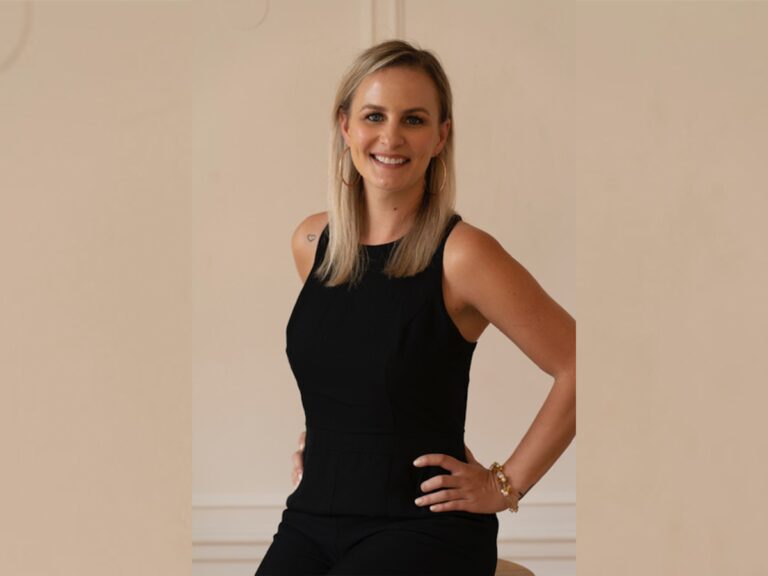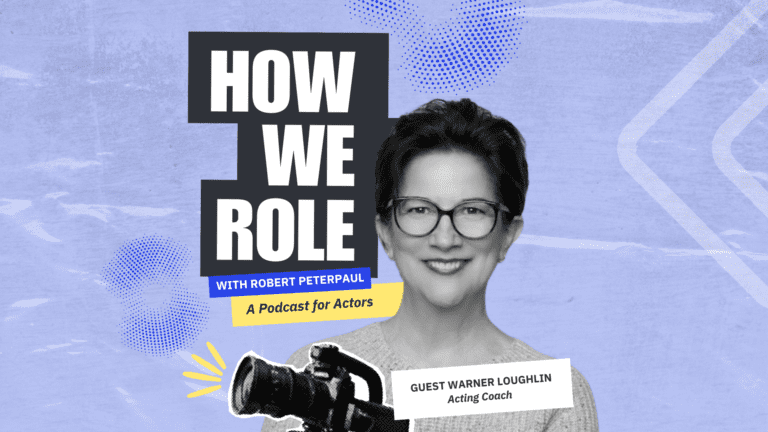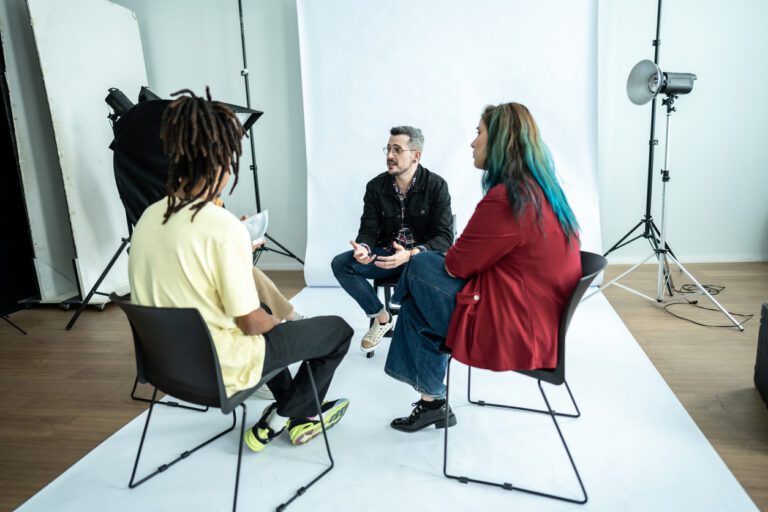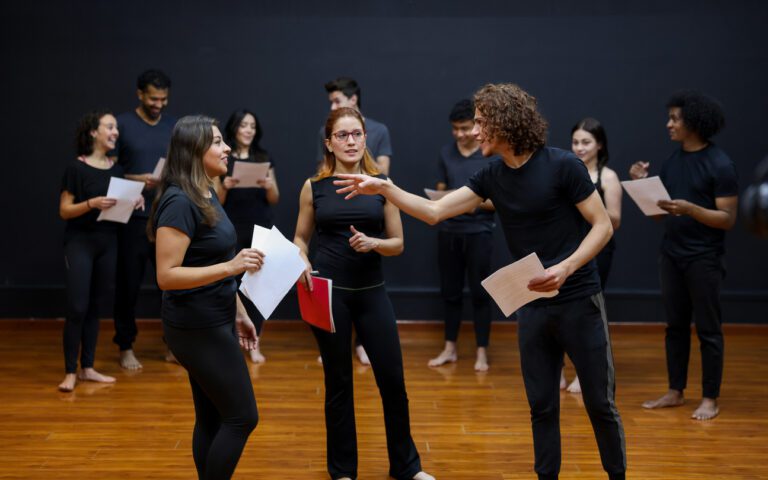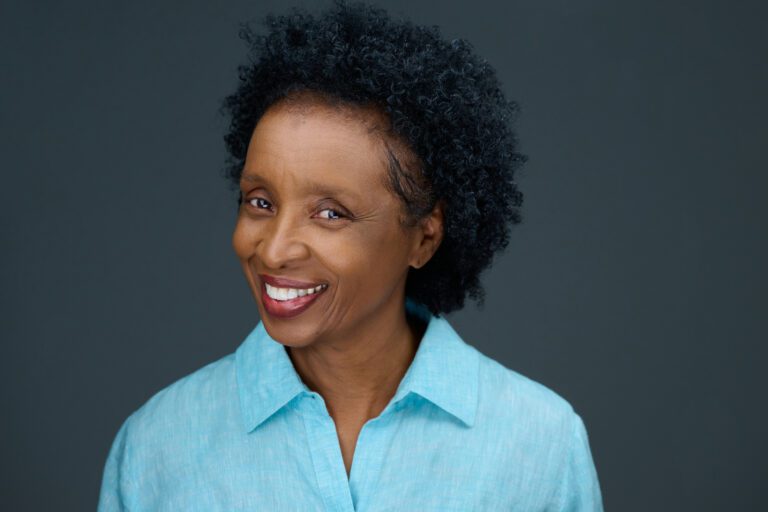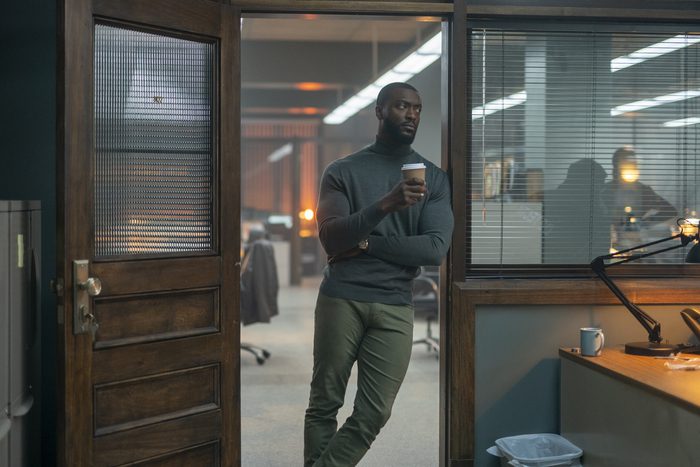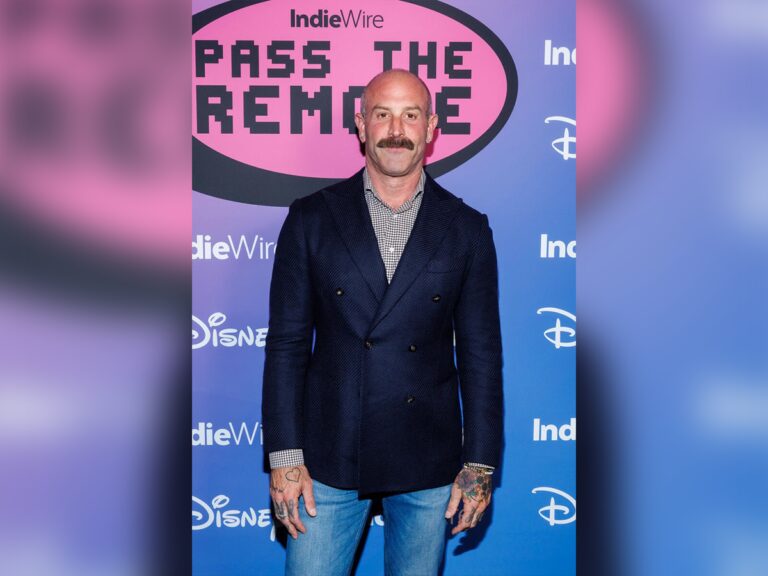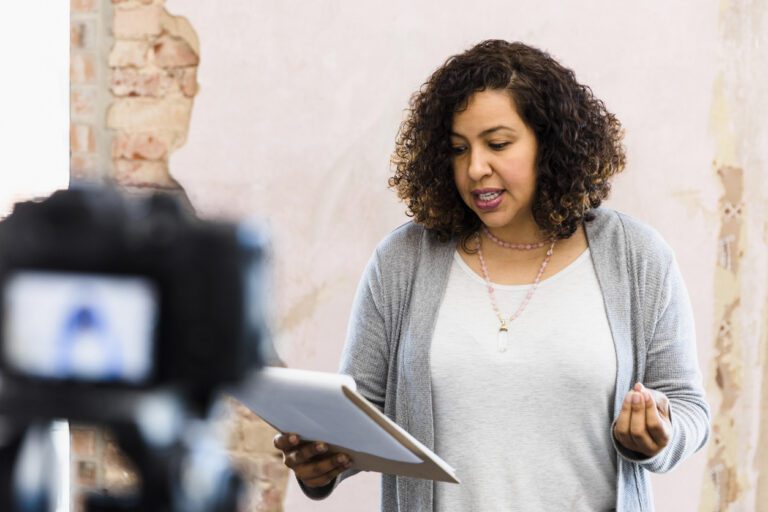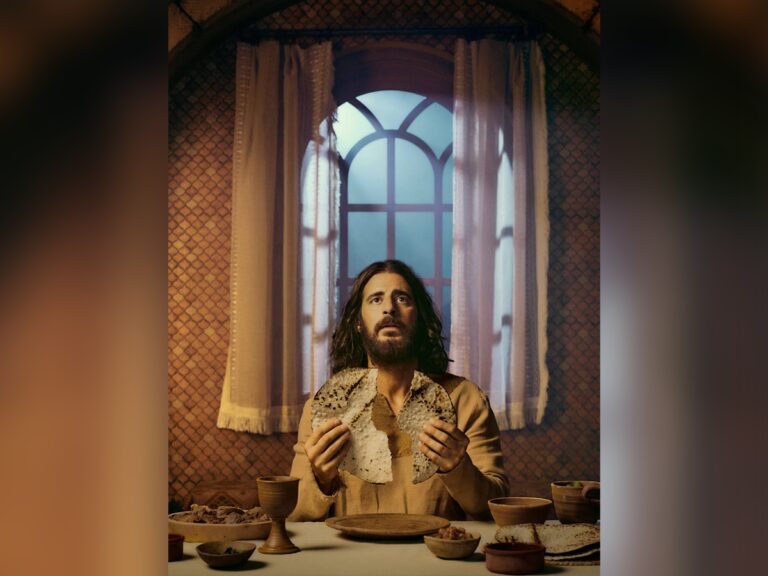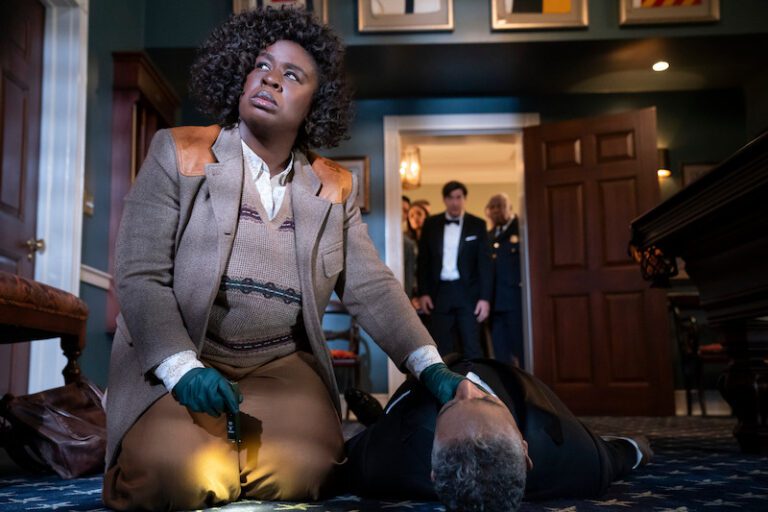Few acting teachers have impacted this generation of actors as profoundly as Ivana Chubbuck. Her 2004 book, The Power of the Actor, has been a go-to guide for countless stage and screen performers, offering an emotionally driven technique that encourages turning personal pains into powerful performances. Now, with the upcoming release of a revised and updated edition, Chubbuck tailors her insights to today’s evolving industry, including fresh advice and anecdotes.
We spoke to Chubbuck about embracing your flaws, making bold choices and much more.
Insights: Lessons From Ivana Chubbuck
- Use personal pains and insecurities in your performances to create depth and relatability.
- Make bold and fearless choices in auditions to stand out and show casting directors your uniqueness.
- Continuously study and refine your craft to fix gaps in your acting that may be holding you back from success.
Thinking about joining Casting Networks? Sign up for a free trial today!
For actors picking up the revised edition of The Power of the Actor, how do you advise they truly work the book, not just read it?
I wrote this book with a purpose: when I was an actor, I read all kinds of books about acting— all the ones you know about. I just thought it was so much theory, and thought, “What do I do with theory?” So, I set about to do a practical guide — a real nuts-and-bolts approach to how to do script analysis.
It’s got 12 steps. It’s all formulas. Everything has a practicality and a map to it. The idea is that it’s all practical, which is essential in the process, because I don’t know what to do with theory but talk about it.
It’s the 20th anniversary [of the original]. There’s 20 years’ worth of new stuff. I’ve created more information on the original 12 steps and added updated stories of how people have used it.
The updated edition includes a whole new section on auditioning. Can you share an insight related to standing out in today’s ultra-competitive casting environment?
You have to realize that in auditions, they just want the best person. They want the person who’s going to make people watch the show. We have so many platforms [now], and they — the people who are producing this — need to stand out, and they need people who are going to help facilitate that need. Your job is not to show them what a great actor you are. Your job is to show them how dynamic and bold your choices are.
We, as actors, think that there’s something magical, there’s some wizardry to these people who can cast us. But they’re not magic people. They’re just people who are responding with: “I like that person because I relate to that person’s journey,” “I laugh in the right places because it reminds me of something stupid that I’ve done,” “I relate because I’ve experienced the same kind of pain this person has,” or “I feel like I’m watching myself.”
If you humanize [the casting directors], you’ll have an actual interaction. You’ll have a conversation and communication with them. I always say take two dimensions — which is the script — and turn it into three dimensions. The only way you can do that is to plump it out. That’s what they need the actors for. Otherwise, they would just put the script on screen.
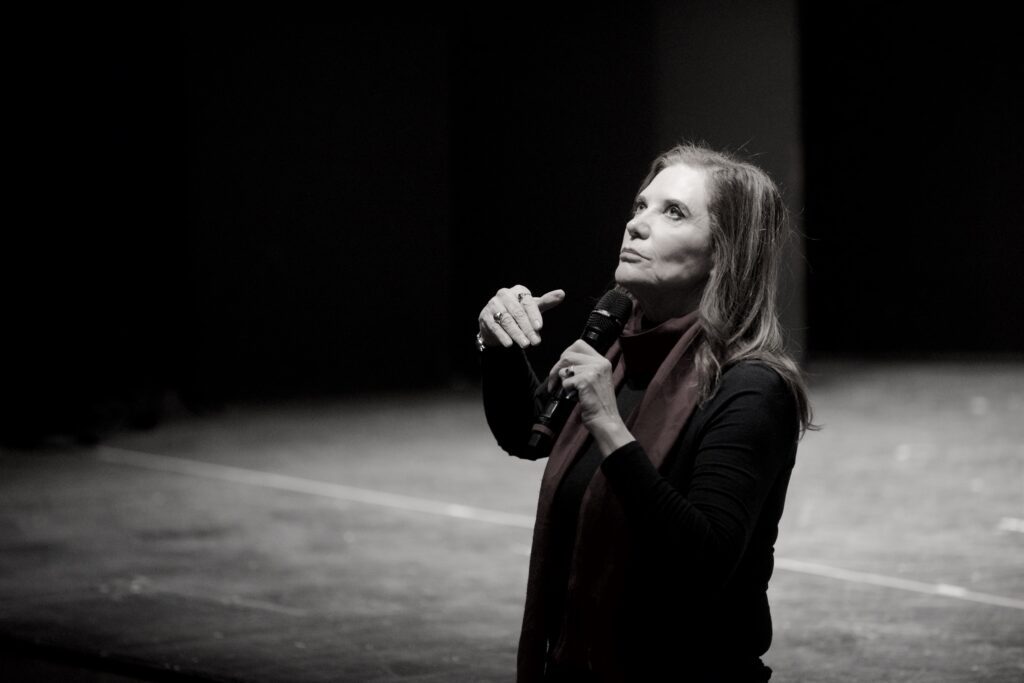
You also encourage actors to celebrate their flaws, fears and insecurities as part of what makes them interesting and unique. How can an actor start to embrace those parts of themselves, especially in a perfectionistic industry?
First of all, there’s no such thing as perfect. Perfect doesn’t exist in anything. [Perfection] also makes you not do things because you’re attempting to be perfect. You censor yourself. And when you censor yourself — “I’m afraid to do this,” “I shouldn’t do this,” “I don’t think this is what they want” — you take away what art equals. Art equals freedom.
What makes you special is all your flaws. What makes you special is your neuroses. What makes you special is your fear. If we saw someone who’s fully confident as a character, we wouldn’t relate. We wouldn’t like that person, just like we don’t like people who are “so perfect” in the real world.
It’s like you get to go, “Oh, I get to put my paranoia here,” or “I get to put the idea that I feel lonely all the time here,” or “I can put here that I feel ugly.” People will say, “Oh man, me too!” Then you build a connection.
I can’t say [this] enough: people in the world aren’t watching you to critique you. They’re watching you because they enjoy the experience of watching whatever show or stage you’re on. They’re having a good time. What we want to do is be able to make people feel uplifted— hopeful — by your performance, subliminally.
Being a human being is very complicated. We are so complex, but our needs are very, very simplistic. However, how we negotiate life is where the complications come in, and this is where we can have fun.
Your technique is often associated with using personal pain as fuel. How can actors balance this deeply emotional work with psychological safety and remaining well?
I always tell people you have to use [your pain] for your objectives, which have to be worded in such a way that you’re attempting to overcome or get by resolving, solving, evolving and having ultimate catharsis. What we’re doing is finding some version of closure by bringing [pain] up so that we can then utilize it to overcome. Not sit in, overcome. This is very important: we’re trying to resolve, we’re trying to solve, we’re trying to learn and evolve, and we’re trying to find catharsis, which means finding out the other side of [the pain].
Also, for me as a teacher, it’s so symbiotic. I have revelations about my life through other people’s revelations. That’s why I love what I do because it’s like we’re a team. I want people to feel like we’re going through this together. Whatever you’re going through, I probably have a similar story.
This is true for writing and directing, too, by the way. Right now, people are making their own things. All the successful people are creating their own material. That’s the way of the future. I bet you have a really good story to tell that will help you not only find catharsis, but also help you become the star you want to become.
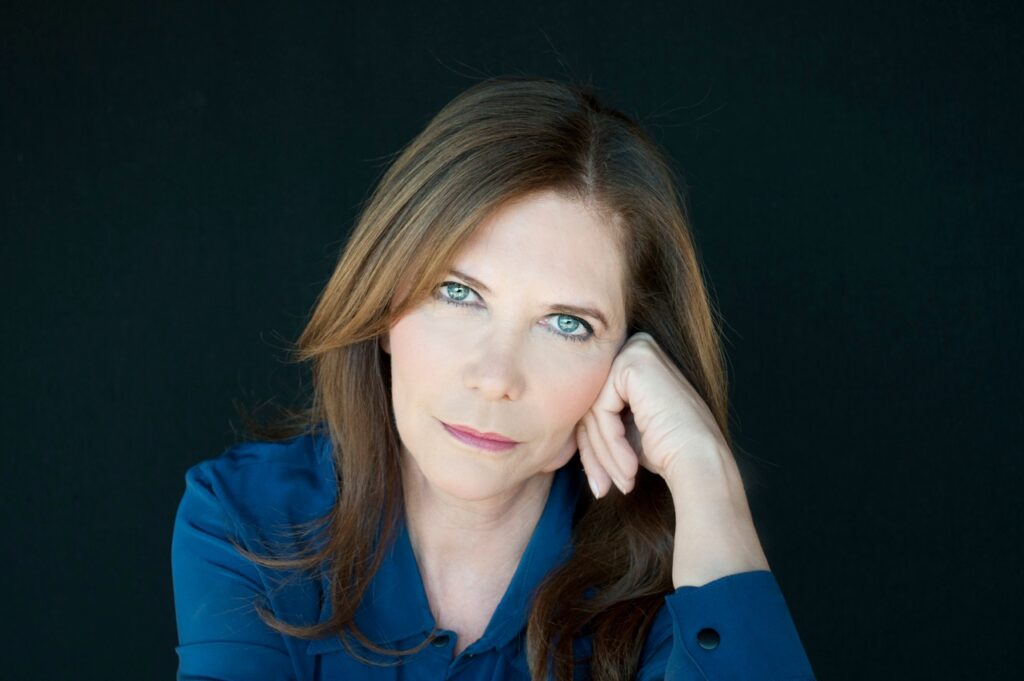
On becoming a star, many of your students have built extraordinary careers. From your experience, what separates the good from the great?
You have to be fearless and make bold choices and say, “Well, if they don’t like it, they don’t like it.” Bravery is very sexy and very attractive.
Make brave choices — not only bold inner work, but bold behavior that makes you express yourself in ways that even surprise you. They won’t surprise you if you’re saying, “I can’t do this. I’m afraid to do this. This is not what they want.” Casting [directors], they don’t know what they want. They’re waiting for someone to inspire them — as they should. Your job is to do that.
Here’s the “hack:” You have to understand your fear to be fearless. You have to understand the great minutia of what your fear is. Why do I have that fear? Where does it come from? How did it emanate? With great minutia and exploration, as one would as a detective, you need to explore what your fear is so you can become fearless.
Finally, for actors reading this who might be struggling with self-doubt, what would you say to them to help them stay in the game?
The dynamic people of the world can take rejection as an opportunity for “yes.” If you have this much doubt about continuing in this world — which is a very difficult world — then you have to think: what is the power of that doubt, and how can you use that doubt to get to a place where you feel empowered again?
The other thing is you have to look at what’s missing: “Why am I getting those no’s all the time?” Something is missing if you’re not booking. If you’re getting in the mix a lot and you’re not booking, or you’re not getting any callbacks at all, something is missing. It’s your job as an actor to figure out, “What do I need to fix to make me be the one they book?”
This is the easiest thing to fix. You have to study more. You have to work harder. Every person who I have helped to become a major player worked their asses off. They studied constantly. People I’ve worked with privately — big stars — will go through a script three times. Every nuance, every moment, every breath. There’s nothing that we don’t investigate and explore. I can’t say enough: you’ve got to study. Work ethic is super important.
You have more control than you think you do. People give away their power and they don’t need to. You have the power of the actor.
Special thanks to Ivana Chubbuck for her time. You can find all things Ivana Chubbuck on her studio’s website or follow her on Instagram to stay in the loop with her upcoming workshops and master classes.
The revised and updated edition of The Power of the Actor will be available on April 29, 2025.
This interview has been edited and condensed.
You may also like:
